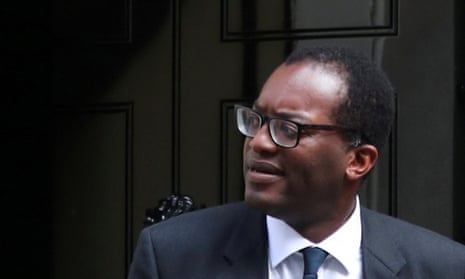The energy supplier Green has warned it is among those small suppliers facing the threat of going bust amid record market prices for gas and electricity.
“I don’t think we’ll survive the winter if there’s not a material change,” said Peter McGirr, the chief executive at the startup, which was founded in 2019 and boasts over 250,000 customers and 185 employees.
This recent record rise in energy market prices threatens to force the company to fold by the new year unless the government and the regulator agree to throw small suppliers a lifeline.
McGirr said the crisis talks held this weekend by the business secretary, Kwasi Kwarteng, had failed to include the smaller suppliers that are most vulnerable to the energy market shock and said his company’s calls for help from the industry regulator had “fallen on deaf ears”.
The record energy prices have already claimed five suppliers in the last five weeks, with another four predicted to fold by the end of the month.
McGirr said there would be a “tsunami of more to come” because small suppliers do not have deep enough pockets to weather the surge in costs without passing them on the costs to their customers.
“We’re an independent company,” he said. “It’s hard to access finance and nothing has been done to help.”
McGirr said his company once made a healthy profit margin of around 3.5% on its energy deals, but all suppliers in the market are currently making a net loss because costs have climbed quicker than the regulator’s cap on energy tariff prices.
Around 40% of Green’s suppliers pay for their energy via a standard variable tariff which is controlled by Ofgem through the energy price cap. The cap is due to lift in October, and is likely to rise again in April, but McGirr said the hikes would not come soon enough to save struggling companies.
“I’m anti the price cap,” he said. “There’s a delay built in, and we need to pass higher prices to customers to recoup our costs.”
